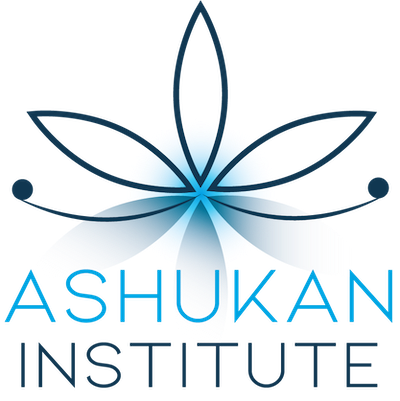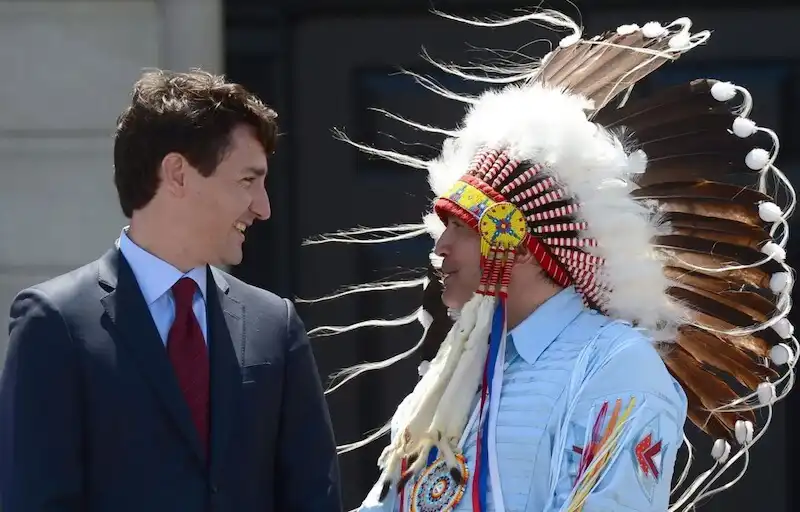Source[IE3] : https://www.newswire.ca/fr/news-releases/pourquoi-parler-des-autochtones-dans-la-campagne-electorale--828688538.html
WENDAKE, QC, September 14, 2022 /CNW Telbec/ - Understanding the positions of First Nations and Inuit on economic, social and environmental issues would benefit Quebec society as a whole, enabling the province to move up a gear in terms of reconciliation with Indigenous Peoples.
"The participation of Indigenous Peoples in elections and Quebec society as a whole will depend on the new way in which we can look at reconciliation issues together," believes Alexandre Bacon, Founder and CEO of Ashukan, an institute dedicated to training and research on Indigenous realities.
Doubling efforts to educate citizens, public officials and politicians
Electoral promises abound regarding necessary changes in all aspects of life. What if we looked at each of them from the perspective of Indigenous issues?
To celebrate the launch of its new educational platform, the Ashukan Institute invites you to join its very first free public webinar on September 27, 2023, to take a fresh look at political issues and explore the meaning of the National Day of Truth and Reconciliation, which takes place a few days later.
Sharing statistics on the current realities of Indigenous populations is not enough. What is needed is a paradigm shift that recognizes the origins and effects of inequality and systemic racism if our society is to create the Quebec of the future.
"I meet people who sincerely want to play a part in bringing Nations closer together and reducing inequalities but are unsure about the right approaches and words to use in relating to Indigenous Peoples. We have so much more to learn from each other, and we could do better together if the Indigenous vision were recognized and understood!" says Mr. Bacon, an Innu from Mashteuiatsh.
To achieve this, Quebec needs to accelerate training initiatives, as called for by the Truth and Reconciliation Commission, urging various governments to provide their employees with training on the history of Indigenous Peoples and on the skills that foster reconciliation, in addition to implementing Indigenous Peoples curricula from kindergarten to grade 12.
Committing to reconciliation and building nation-to-nation dialogue: could Quebec do better?
The United Nations Declaration on the Rights of Indigenous Peoples (UNDRIP), considered "the framework for reconciliation" by the Truth and Reconciliation Commission, should be at the heart of all efforts to remedy the consequences of Canadian colonialism.
In October 2019, the Quebec National Assembly unanimously adopted a motion recognizing the principles of the UNDRIP. Quebec should now follow up with legislation to harmonize its policies and laws, as the British Columbia government has done with its Declaration on the Rights of Indigenous Peoples Act (DRIPA).
So, would learning to listen to Indigenous people allow Quebec to do better? Many are eager to hear the discussions between the parties invited by Ghislain Picard, Chief of the Assembly of First Nations of Quebec and Labrador, at the debate scheduled for September 20, and hope that this will instill greater interest in establishing a genuine nation-to-nation dialogue as part of the electoral process.
Testimonials
"Kuei, Mr. Bacon, you sharing your vast knowledge made me want to know more about the reality of First Nations. The Ashukan platform led me to reflect on what the forest industry can really do for the different nations in Quebec and Canada. I look forward to hearing more of the stories you've touched on, which help me see the world in a different light."
- Rosa Désy, forestry student, Université Laval.
"I am so grateful for the wonderful resource that is Ashukan. Your videos are engaging and bridge the gap between what we know (Quebec school curriculum) and the realities of the First Peoples we are learning about."
- Saskia Latendresse, Legal and Contracts Officer, NFB
About the Ashukan Institute
The Ashukan Institute was founded in November 2021 by Alexandre Bacon. Mr. Bacon holds a master's degree in public administration and is an experienced facilitator and strategic consultant to several Indigenous organizations. www.InstitutAshukan.com[IE4]
By promoting high-level training on Indigenous realities, creating content with experts from various backgrounds, popularizing and disseminating the results of academic research to the public, and providing strategic guidance to support forward-looking, nation-to-nation initiatives, the Ashukan Institute aims to build and strengthen organizations' work teams and alliance networks.
Sign up for the free webinar: https://tinyurl.com/2s3ahmh9 [IE5]
SOURCE: Ashukan Institute







